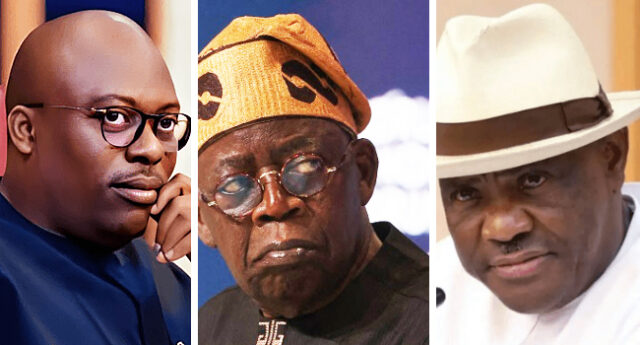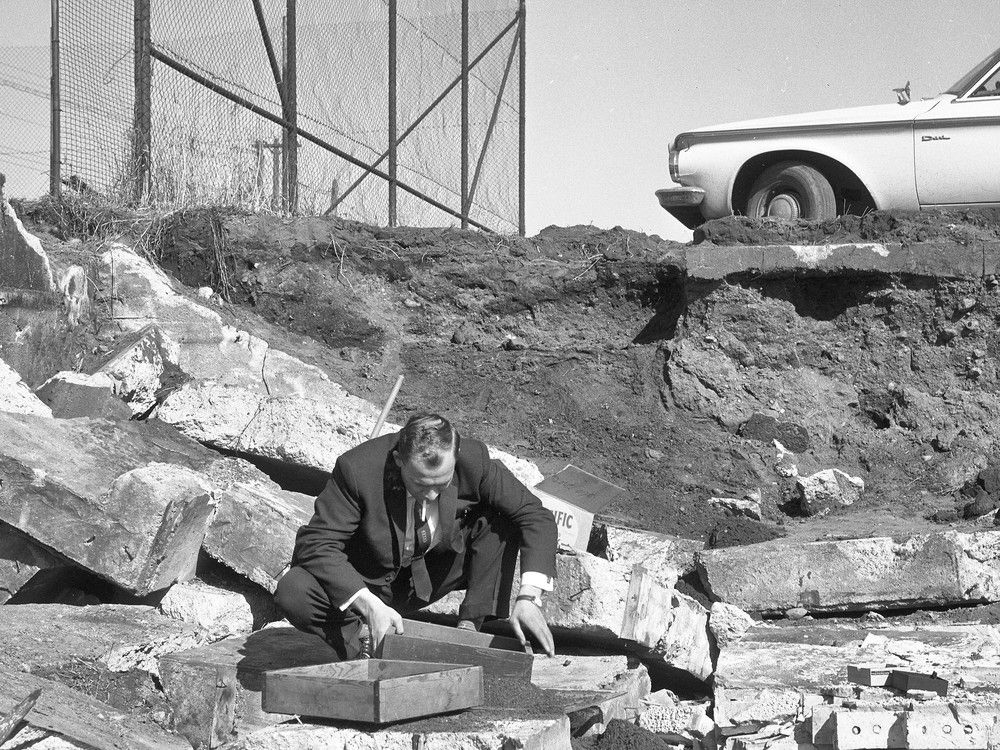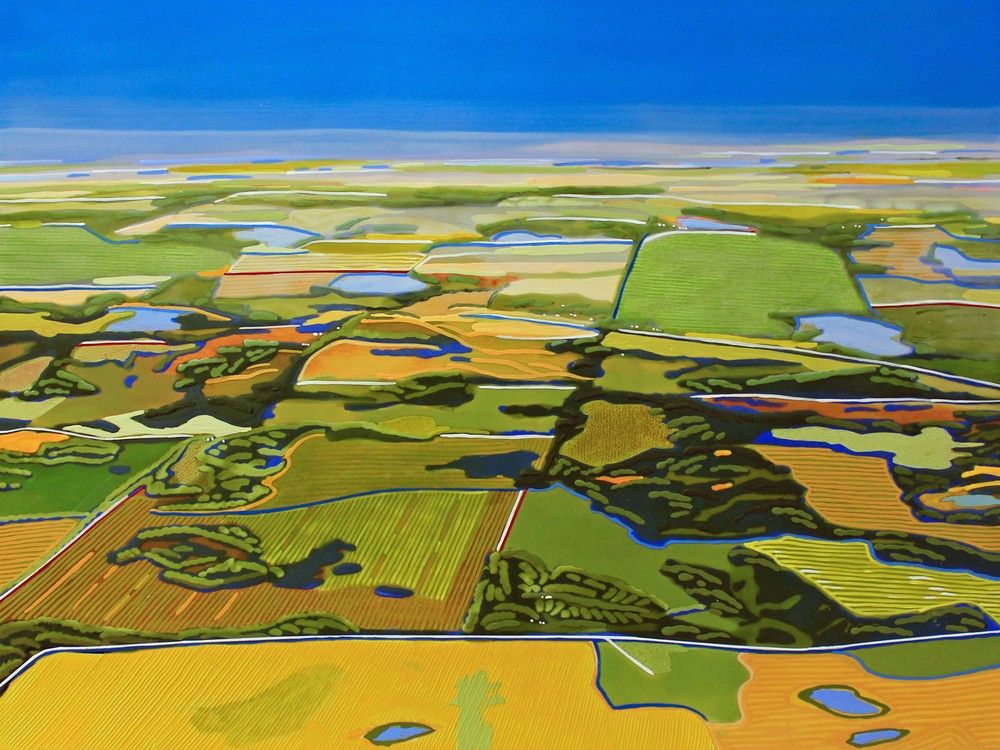
Another major ground of opposition to the declaration is that President Tinubu has no power under the constitution to suspend the governor or the House of Assembly. This view has also been strongly expressed by the Nigerian Bar Association (NBA) and the African Bar Association (AfBA) that even if Rivers State were ripe for a state of emergency, the 1999 Constitution does not grant President Tinubu the power to remove an elected governor, deputy governor, or members of the state legislature. Section 188 of the Constitution outlines the procedure for the removal of a state governor and deputy governor.
Similarly, the removal of members of the House of Assembly and the dissolution of a State House of Assembly are governed by clear constitutional provisions and electoral laws, none of which, according to the lawyers’ bodies, were applicable in the sacking of the government of Rivers State. In other words, that action appears to be a violation of Nigeria’s federal structure. It would then seem that the president’s stern measures, while partially allowed by the constitution, may be short in due process.

Pro-government observers have, however, held the view that the suspension was a consequential power of the president, flowing from the emergency declaration. Indeed, in one of his state of emergency declarations against the Plateau State Government in 2004, President Olusegun Obasanjo at the time also suspended the state’s governor and the House of Assembly. In the history of Nigeria’s democratic administrations, a state of emergency was first declared in 1962 against the government of the Western Region, amid a political crisis that snowballed into the treason trial of Chief Obafemi Awolowo and many of his political associates.
Then, on May 18, 2004, President Obasanjo invoked Section 305 of the 1999 Constitution to impose a state of emergency on Plateau State, suspending the elected governor, Joshua Dariye and the state House of Assembly. This followed the blood-letting and violence between Muslims and Christian communities in the state that claimed more than 2000 lives since September 2001. Obasanjo was to declare an emergency rule in Ekiti State again in 2006.
President Goodluck Jonathan, in 2011, declared a state of emergency in some local governments in Borno and Plateau states; and later in 2013, he declared full emergency on Borno, Adamawa and Yobe states. Without a doubt, state of emergency declarations are anomalous in a democracy. It is most unfortunate that political stakeholders who should take certain re-emptive actions, or avoid certain actions or conduct, usually fail when it matters most, thus giving room or paving the way for the declarations.
In the case of Rivers State, it is sad, particularly for the people of the state who deserve peace and orderly conduct of government, that their bigwigs were adamant and unable to resolve their differences for almost two years. The result, of course, is that for that period, the ordinary people of Rivers were denied the fruits of democracy, and now they have to contend with patently autocratic rule. This newspaper’s position is worth reiterating: only the practice of true federalism can rescue Nigeria from state capture and the doldrums of backwardness.
Nigeria’s federal system is based on the principle of separation of powers and the equitable distribution of authority between the central and state governments. But in practice, unitarism has been more visible in the government’s regular activities. There is no over-emphasising the need for a decentralised and democratised federal structure in which the federal government does not arrogate excessive powers to itself at the expense of the federating units.
A skewed power arrangement in favour of the federal government has greatly damaged Nigeria and its developmental policies. Furthermore, the excessive allure of political power at the centre has exacerbated socio-economic and political manipulation, as well as corruption. If this imbalance remains uncorrected, the country’s federalism will end up a monumental failure, Therefore, a roundtable for full discussion and resolution of the Rivers State’s political imbroglio must be arranged with a view to correcting the anomaly in the administration of the state.
Steps should be taken to uphold constitutional integrity, protect democratic institutions, and maintain the federal balance of power. Even if necessary and constitutionally allowed, the declaration of a state of emergency and suspension of democratic structures in any state is an aberration that should be avoided, or allowed only sparingly when it becomes necessary, and for a short duration during which normalcy is restored in the polity. Otherwise, the imposition of emergency undermines democracy and sets a dangerous possibility where federal intervention could be used to arbitrarily override duly elected state governments.
There is growing concern that allowing the state of emergency to stand could legitimise the removal of elected officials, thereby eroding Nigeria’s democratic institutions. If anything, the crisis in Rivers State is largely political, involving conflicts between Governor Fubara and members of the state’s House of Assembly who are presumably loyal to former Governor Wike. Fagbemi had dismissed allegations that the FCT Minister, who is the immediate past governor of Rivers State, had influenced the President’s decision.
“Where do you put the Minister of FCT in this case?” he asked rhetorically. Unfortunately, both parties (the governor and the House of Assembly) flexed their muscles to the point of rendering governance almost impossible and creating a stalemate. Such disputes should be resolved politically through dialogue and legal processes rather than through the declaration of a state of emergency, which derogates from democratic norms and is more likely to escalate tensions than ease them.
Emergency rule should be a last resort. A state of emergency could have severe economic repercussions for Rivers State, a vital oil-producing region. Investors may become wary, businesses could suffer, and residents may face unnecessary restrictions on movement and daily activities.
President Tinubu should encourage dialogue, strengthen security operations within constitutional limits, and allow the judiciary to mediate any legal disputes. A political solution is the best way to restore stability in Rivers State. Concluded.
.















